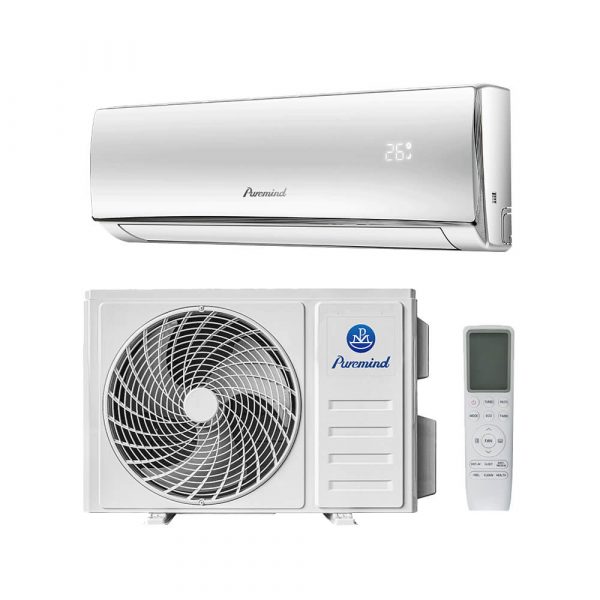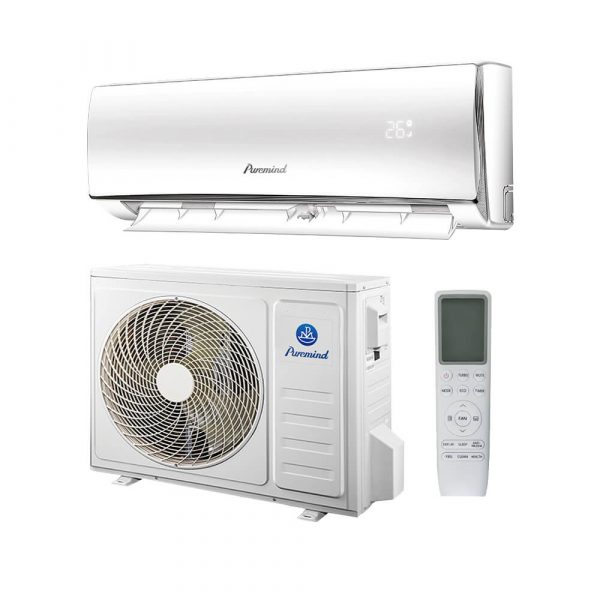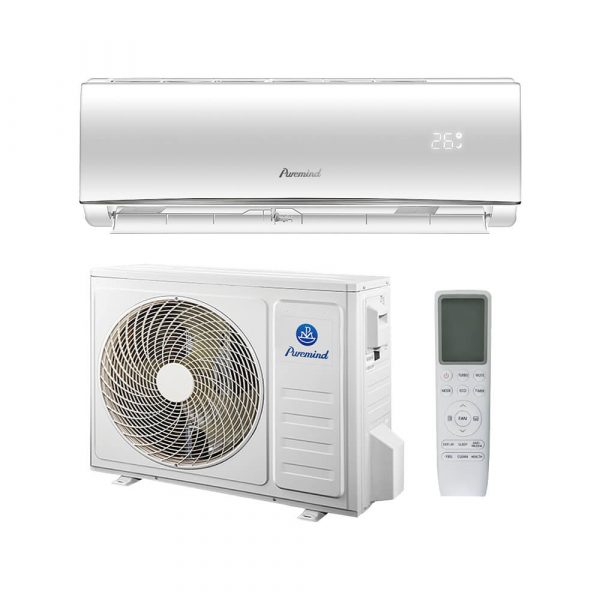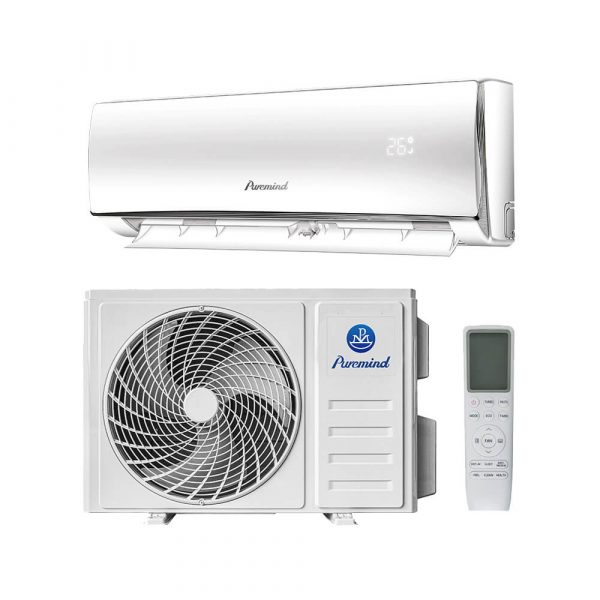Mitsubishi Air Conditioner Split System: High-Efficiency Cooling for Businesses
As the demand for energy-efficient, scalable HVAC solutions grows in commercial spaces, the Mitsubishi air conditioner split system has become a benchmark for performance and innovation. In this article, we examine its technology, applications, and how it compares to other commercial HVAC options—particularly for businesses seeking long-term savings and flexible installation.
What Is a Mitsubishi Split System?
A Mitsubishi split air conditioner system is a ductless HVAC solution that pairs an indoor air-handling unit with an outdoor compressor. Unlike traditional central systems, it offers zone-specific temperature control, quiet operation, and energy savings through inverter technology and smart thermostats.
Core Features of Mitsubishi Split AC Systems
What sets Mitsubishi systems apart is their combination of advanced engineering and user-oriented features:
- Inverter Technology: Adjusts compressor speed to maintain consistent temperatures and reduce power usage.
- Multi-Zone Control: Supports 1 to 8 zones per outdoor unit—ideal for offices, labs, and modular workspaces.
- Hyper-Heating: Maintains heating efficiency even in -13°F/-25°C environments.
- Quiet Operation: Indoor units operate as low as 19 dB—quieter than a whisper.
- Smart Control: Integrated with apps like Kumo Cloud or third-party BMS platforms.
Ideal Use Cases for B2B Environments
Mitsubishi split systems are particularly effective in business scenarios requiring both performance and adaptability:
1. Office Buildings
Zone-based climate control enhances comfort while reducing energy waste in unoccupied rooms or floors.
2. Educational Institutions
From classrooms to server rooms, consistent temperature control supports both human and machine productivity.
3. Hospitality Venues
Hotels and resorts benefit from individualized room control, silent operation, and sleek indoor units that match interior aesthetics.
4. Server Rooms & Laboratories
Temperature-sensitive environments gain from inverter-driven precision and real-time monitoring.
Comparison: Mitsubishi vs. Generic Split Systems
| Feature | Mitsubishi Split System | Generic Split System |
|---|---|---|
| Compressor Technology | Advanced DC inverter with variable speed | Standard rotary or fixed-speed compressor |
| Zoning Capability | Up to 8 indoor units per outdoor unit | Limited to 1–2 zones per unit |
| Noise Level | Ultra-quiet operation (19–30 dB) | Moderate (35–55 dB) |
| Smart Controls | Kumo Cloud, Alexa, BMS compatibility | Basic remote or wall control |
| Warranty & Support | Up to 12-year limited warranty | 1–5 years, varies by brand |
| Initial Cost | Higher upfront investment | Lower upfront cost |
| ROI | Fast ROI through energy savings and fewer repairs | Slower ROI due to higher maintenance |
Energy Efficiency and Sustainability
Mitsubishi split systems are ENERGY STAR® certified and meet many local and international energy codes. Their low power draw and compatibility with renewable energy sources (like solar) make them a smart addition to sustainable buildings.
Businesses aiming for LEED certification or carbon-neutral initiatives can integrate these systems with green technologies. For example, pairing Mitsubishi systems with solar solutions such as those available in Puremind’s split air conditioner range allows facilities to reduce grid dependence and environmental impact.
Installation and Maintenance
Professional Installation
Mitsubishi systems require certified technicians for optimal installation, especially for multi-zone and commercial-grade configurations. Proper sizing, piping, and electrical planning are essential for long-term reliability.
Routine Maintenance
- Indoor filters should be cleaned every 3–6 weeks depending on usage.
- Outdoor units should be checked biannually for debris, refrigerant levels, and electrical integrity.
- Smart diagnostics tools like the Service Tool App can pre-alert users to potential issues.
Pros and Cons for B2B Decision-Makers
✅ Advantages
- Exceptional energy savings and reliability
- Quiet and unobtrusive for customer-facing areas
- High flexibility with indoor unit styles and configurations
- Compatible with solar and smart building systems
⚠️ Potential Limitations
- Higher initial cost may not suit short-term projects
- Requires certified Mitsubishi installer
Case Study: Retail Chain Modernization
A regional clothing retailer operating 12 storefronts in high-temperature zones replaced aging central systems with Mitsubishi split units. Each store installed 3–4 wall-mounted units with individual thermostats and remote access via Kumo Cloud.
Results:
- Average monthly energy cost savings: 42%
- Customer comfort rating improved on surveys by 35%
- Payback period: 2.4 years
Is Mitsubishi Right for Your Business?
Consider Mitsubishi split systems if your priorities include:
- Long-term energy savings
- Flexible multi-zone installations
- Quiet and reliable operation
- Smart building compatibility
If you’re considering solar integration, browse Puremind’s split air conditioner solutions for options that support hybrid or fully off-grid power setups.
Conclusion
The Mitsubishi air conditioner split system stands out as a premium HVAC solution for commercial buyers. With its advanced features, ultra-efficiency, and future-ready integrations, it’s an ideal investment for businesses aiming to modernize their facilities sustainably and cost-effectively.
Whether you’re operating a chain of restaurants, managing data centers, or designing green buildings, Mitsubishi’s technology offers scalable comfort with minimal operational disruption. For sourcing options, OEM inquiries, or system consultations, contact a trusted HVAC supplier today.







